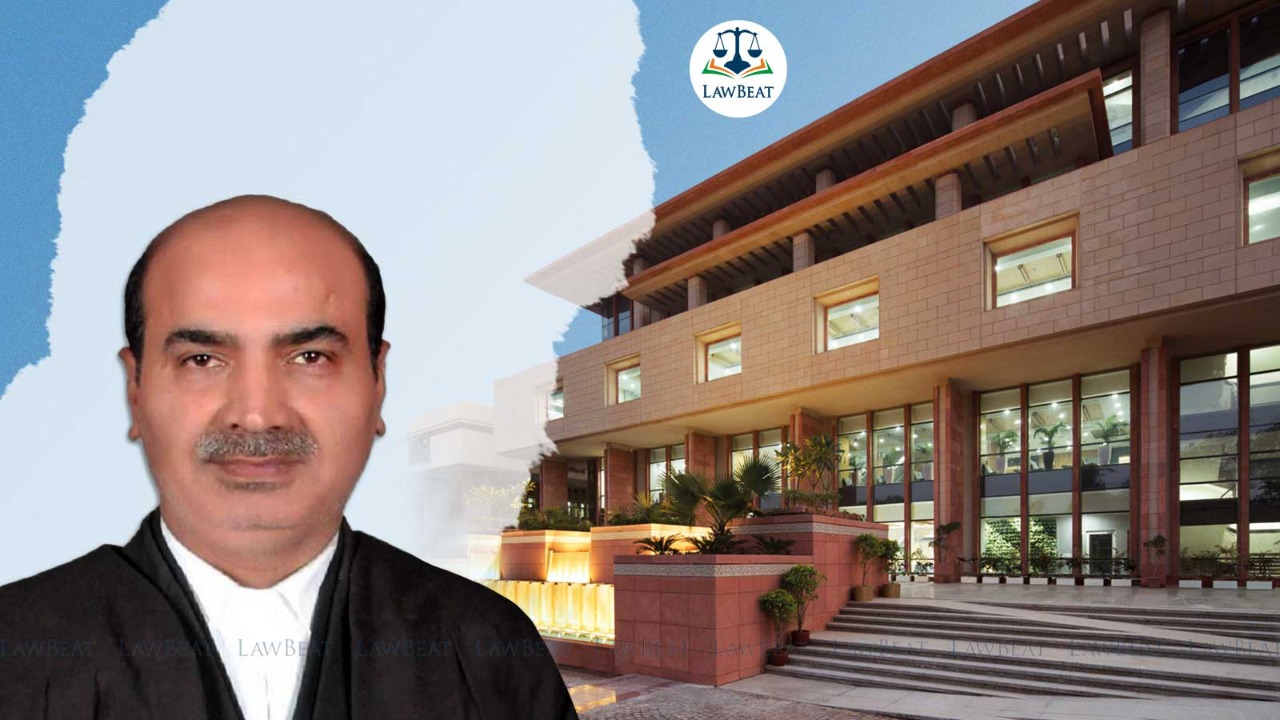Plea in Delhi High Court seeks prohibition on forcible religious conversion

A Public Interest Litigation has been filed in the Delhi High Court, asking the Centre and the Delhi Government to prohibit forcible religious conversion by intimidating, threatening, and deceiving people with gifts and monetary benefits, as well as by using black magic and superstition.
The Petitioner Ashwini Kumar Upadhyay has claimed that religious conversion by "carrot and stick" and "by hook or crook" violates not only Articles 14, 15, 21, and 25, but also the principles of secularism, which is an integral part of the Constitution's basic structure.
The petition claims that the Centre and State governments have failed to control the menace of black magic superstition and deceptive religious conversion, even though it is their duty under Article 51A, and requests that the Centre establish the feasibility of appointing a committee to suggest changes to Chapter XV of the Indian Penal Code or draft a Conversion of Religion Act.
Plea further stated that the harm done to the public is enormous because not a single district is free of black magic, superstition, or religious conversion. Every day, incidents of massive religious conversion are reported, as the religious conversion is continued by intimidating, threatening, deceivingly luring with gifts and monetary benefits, and by employing black magic, superstition, and miracles.
The Petitioner also claimed that the Centre and State have the authority to make special provisions for women and children (Article 15). Furthermore, freedom of conscience, free profession, practice, and propagation of religion (Article 25) are subject to public order, morality, health, and other provisions of Part III.
The plea also stated that the directive principles are affirmative instructions to secure socioeconomic political justice; liberty of thought, expression, belief, faith, and worship; equality of status and opportunity; and to promote among them fraternity, assuring individual dignity, unity, and integrity. However, neither the Centre nor the State has taken the necessary steps to ensure the high ideals outlined in the Preamble and Part III.
Plea added that many state legislatures have passed anti-conversion legislation, which seeks to criminalize a wide range of speech by those who share their religious beliefs with others, whether they hope their listeners will convert or not.
"Praying for healing of a sickness or offering help in the form of food or water after a natural disaster could be allurement or inducement to adopt the beliefs of the other religion," the plea reads
